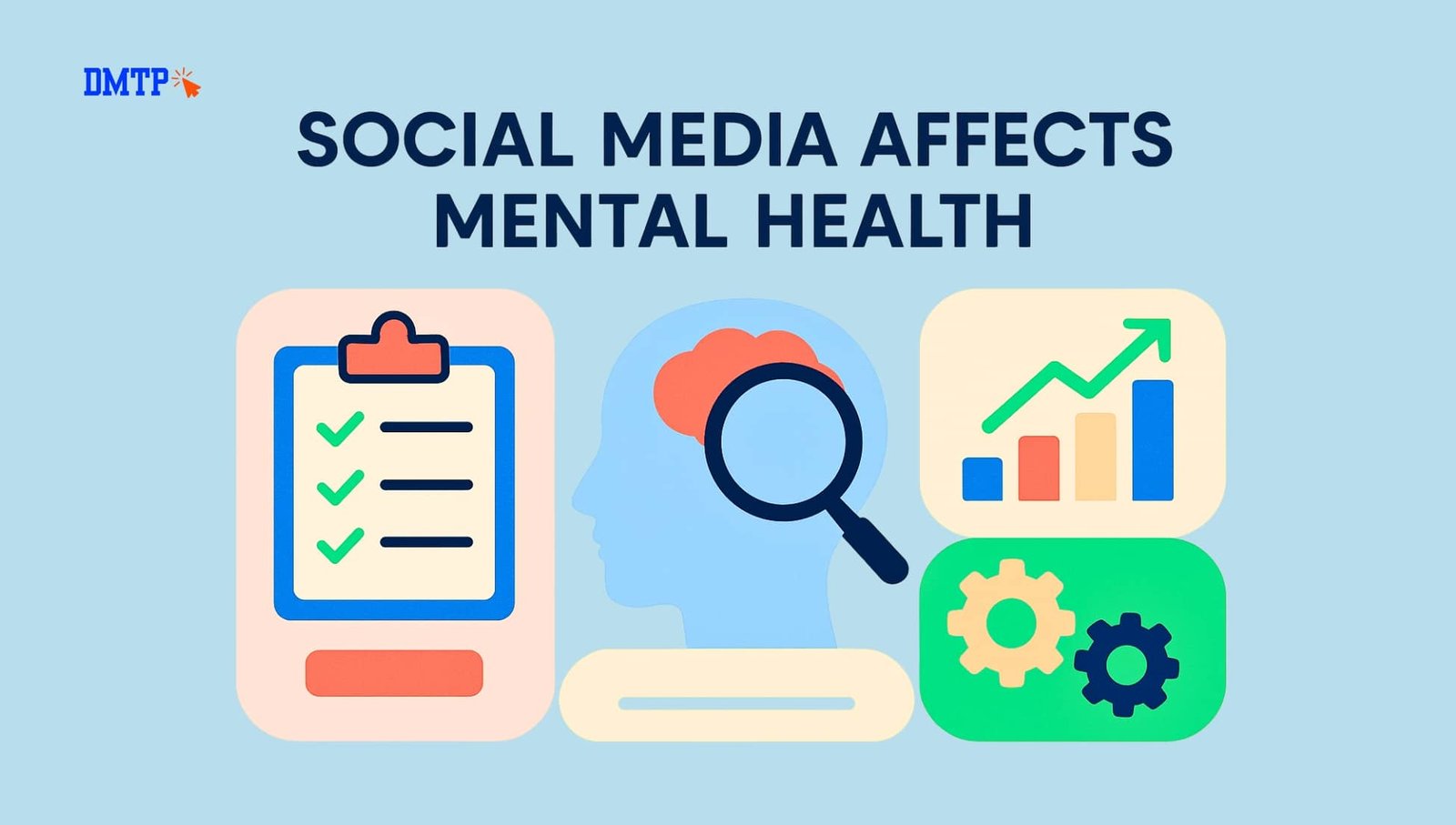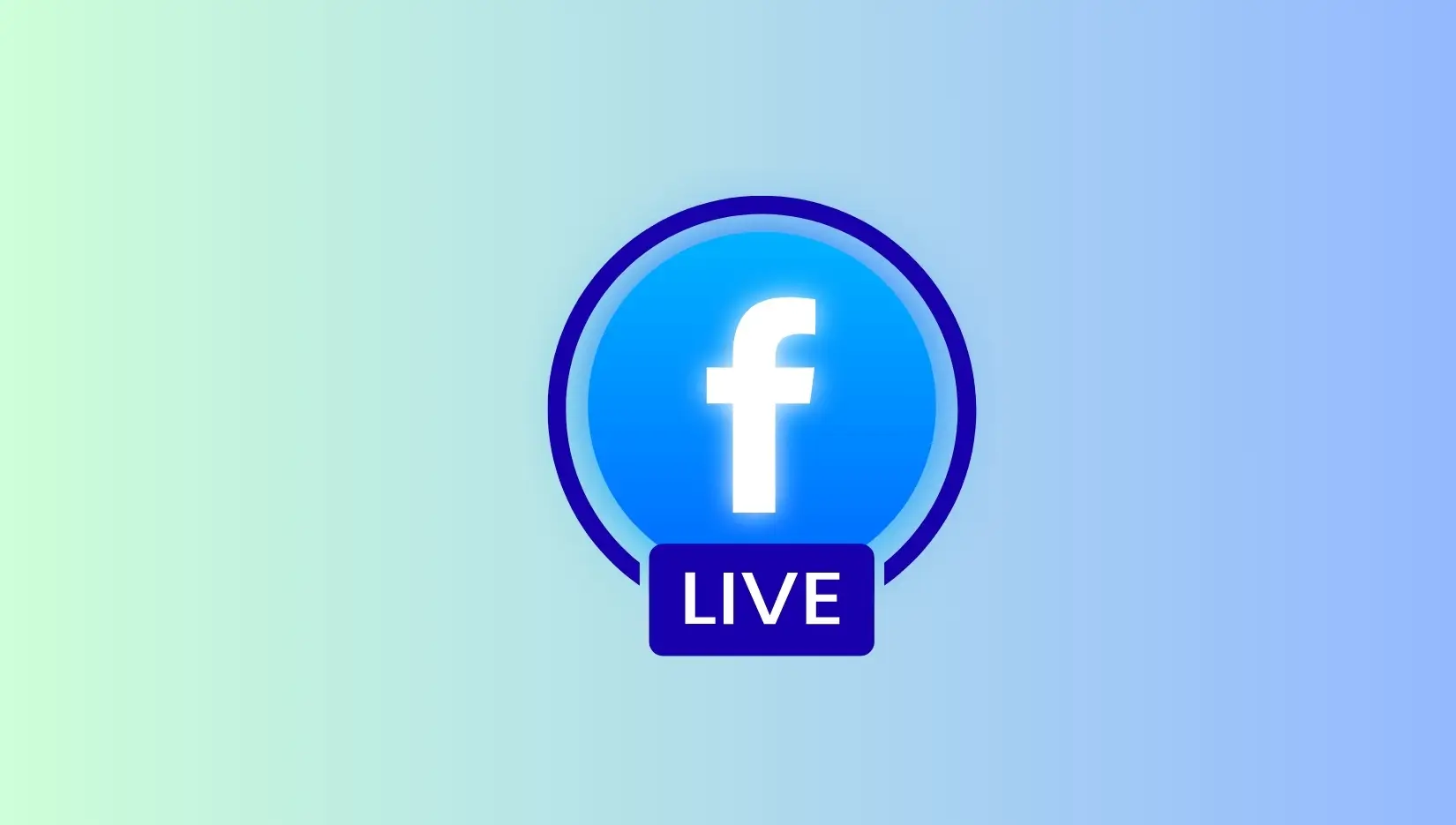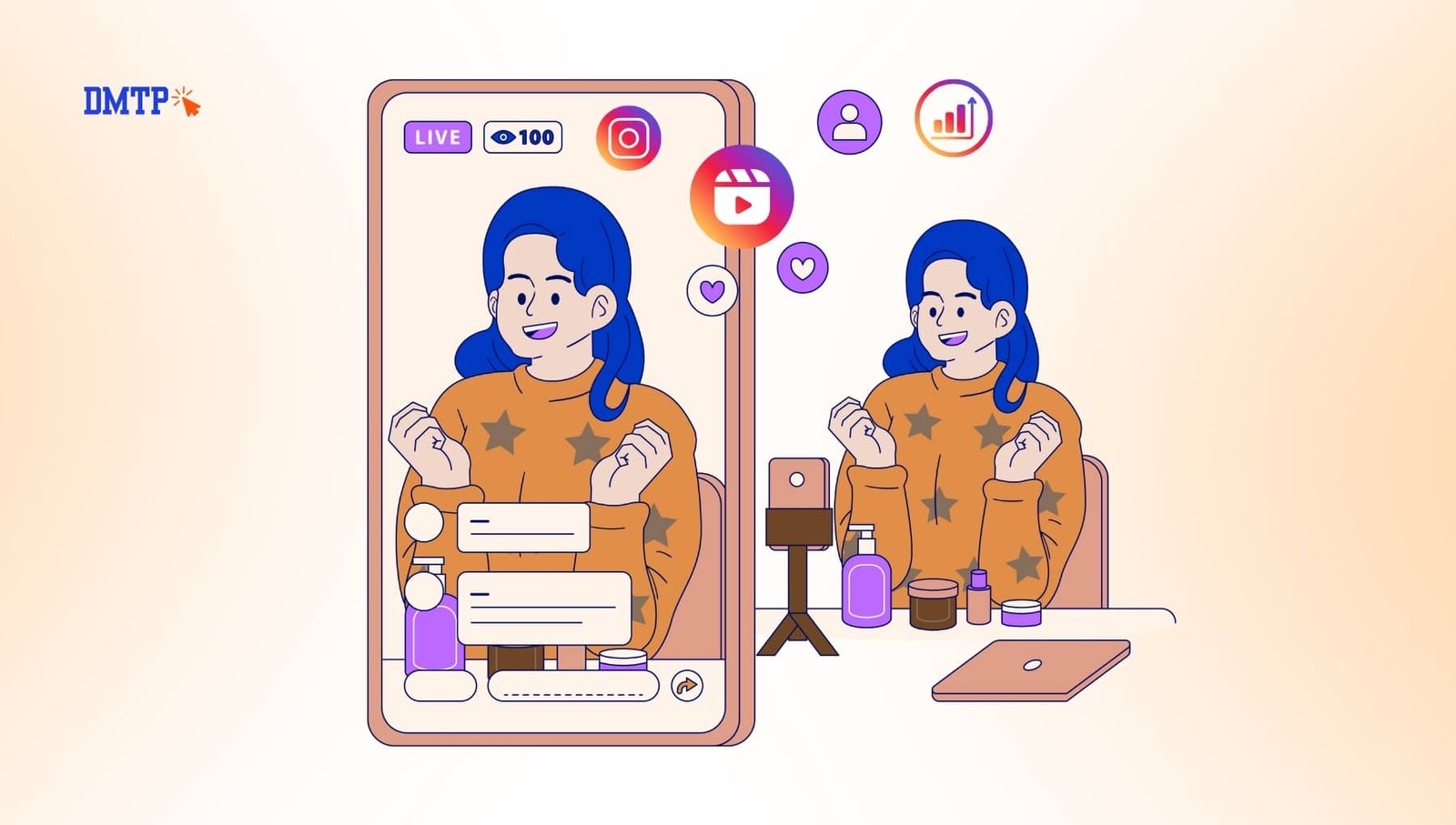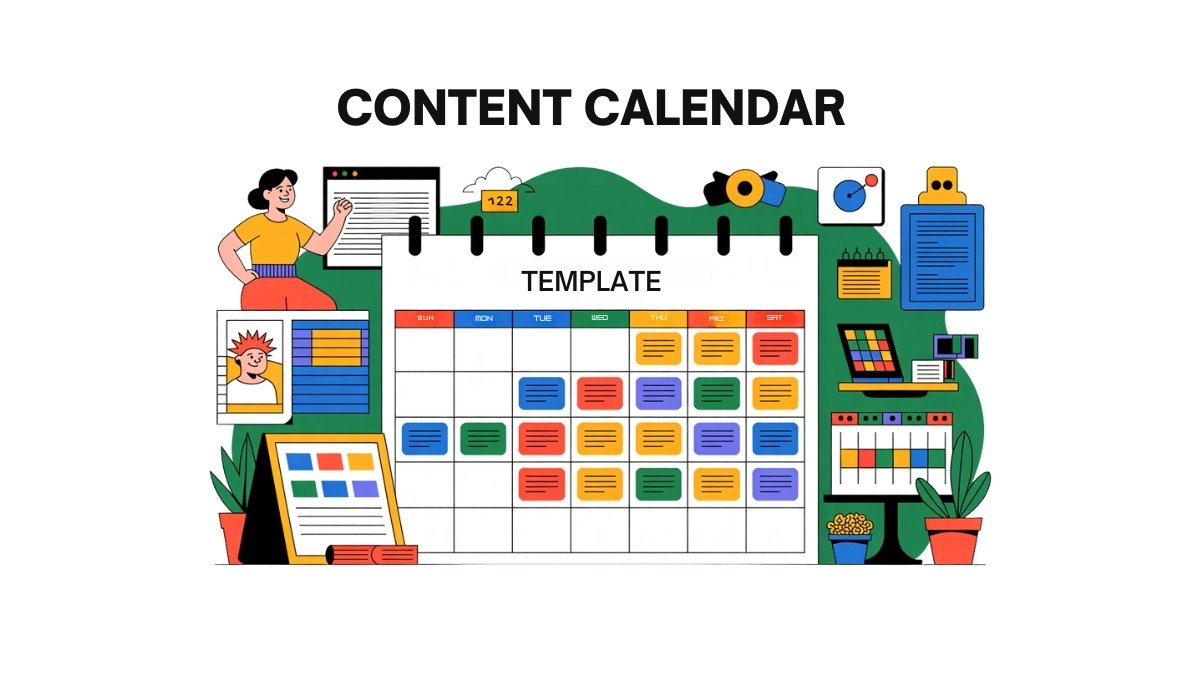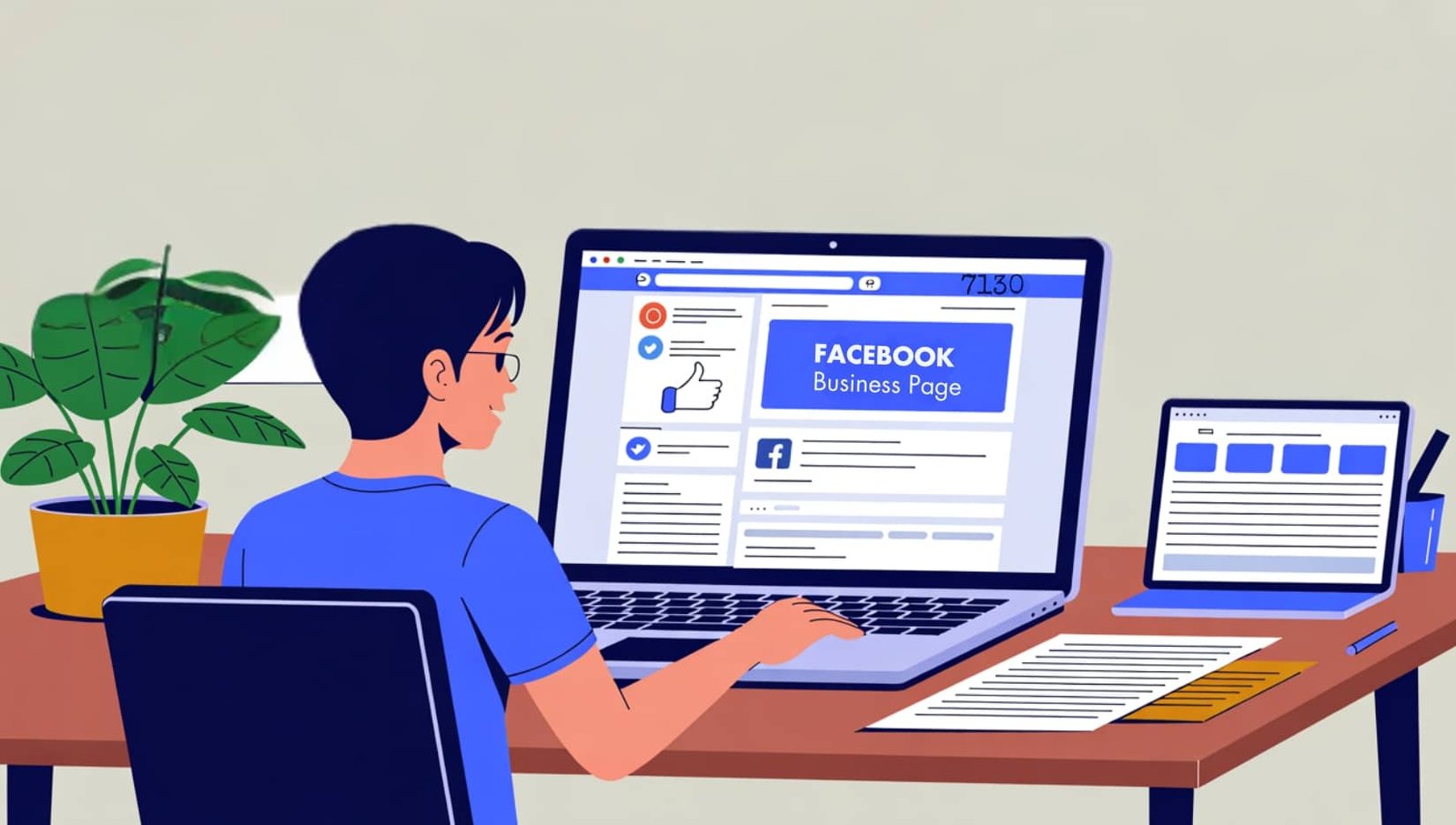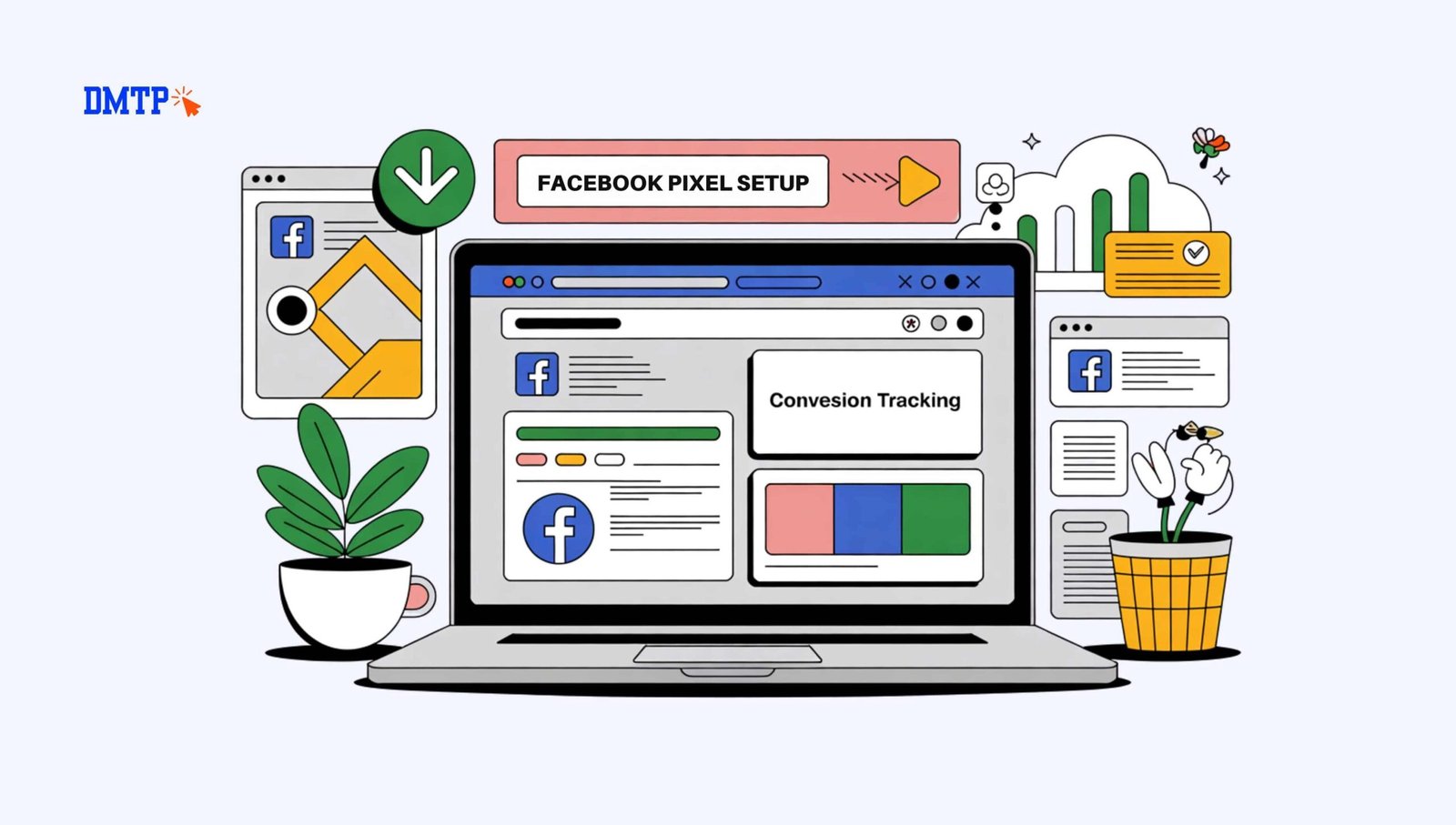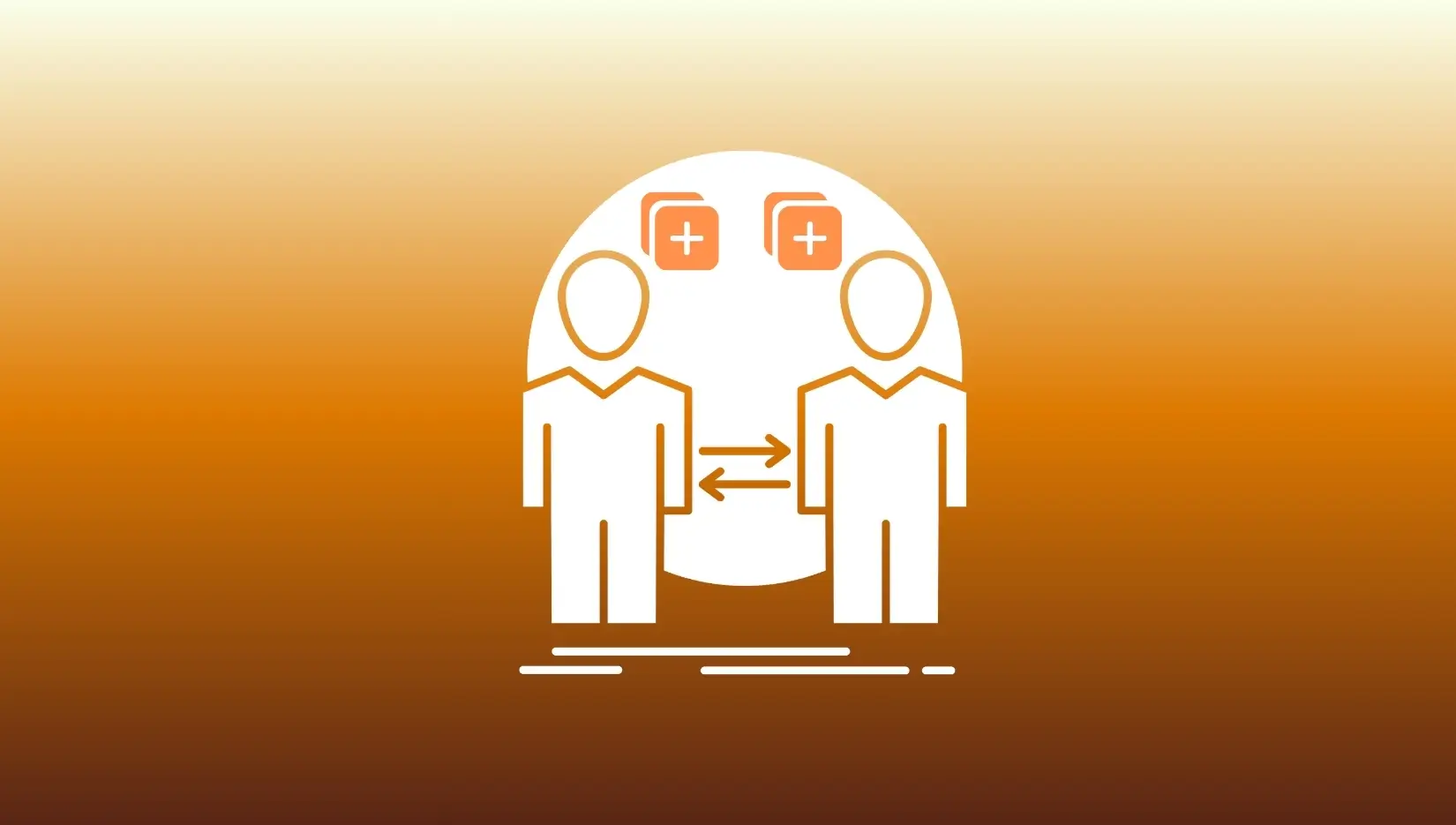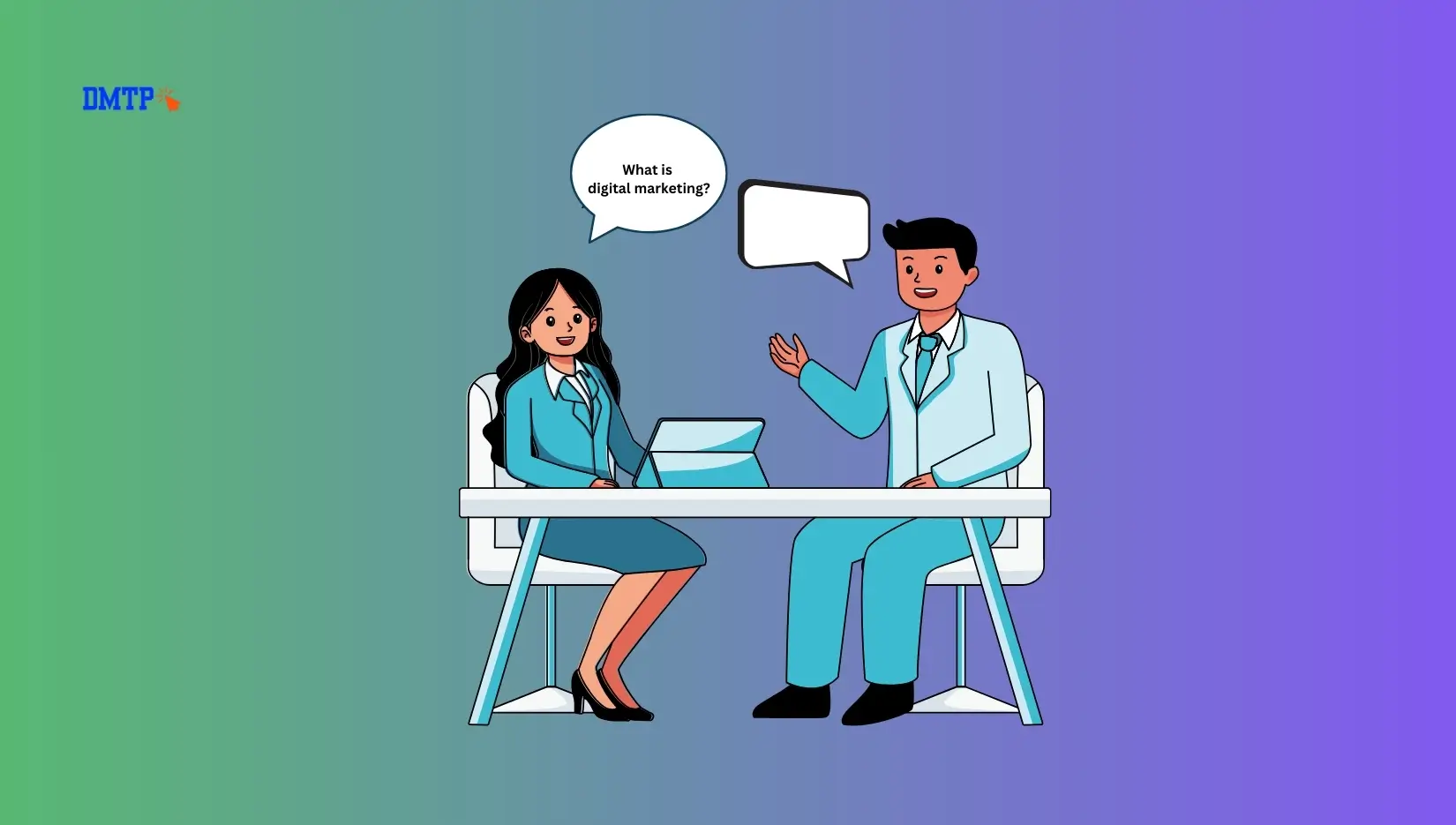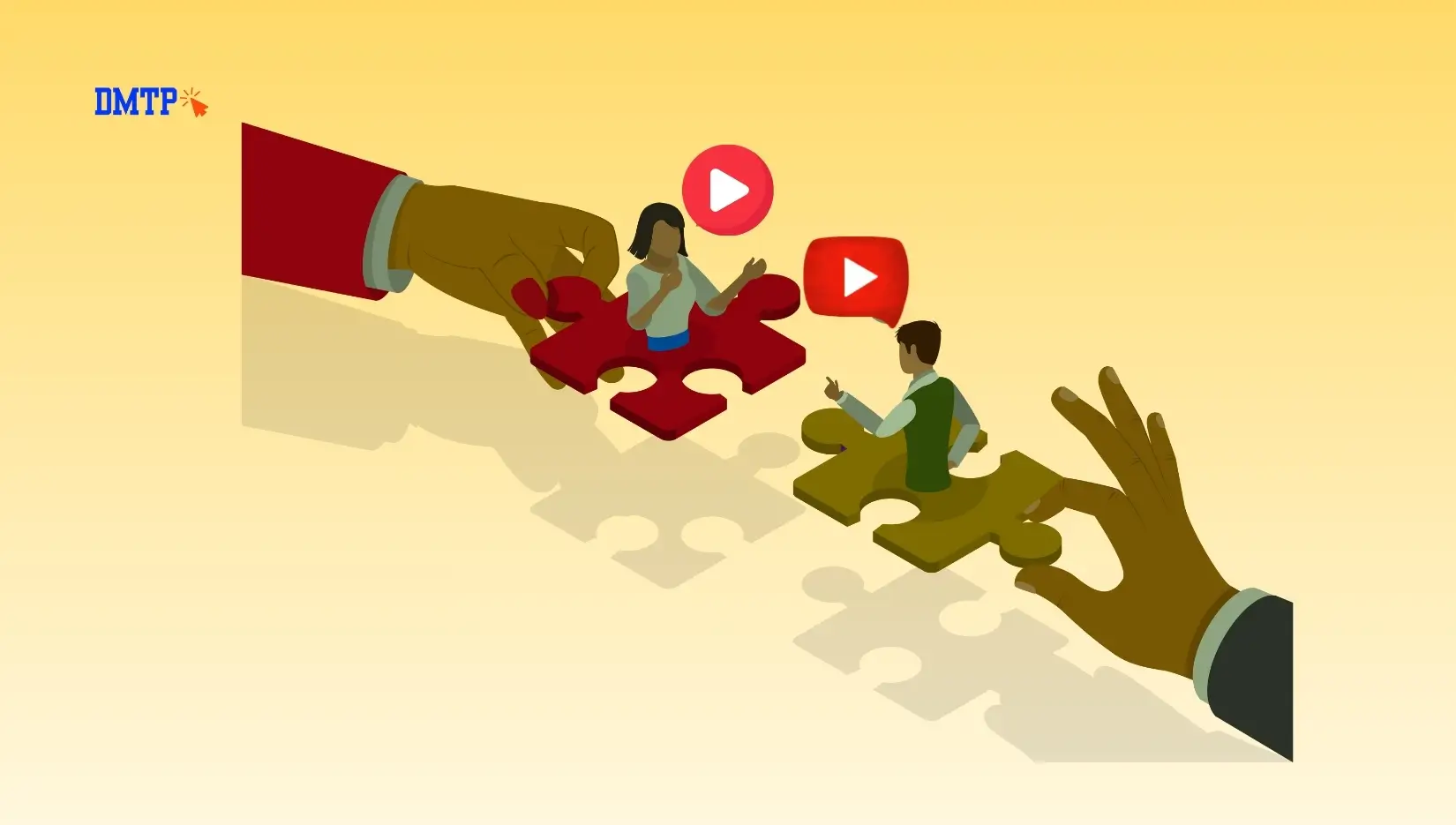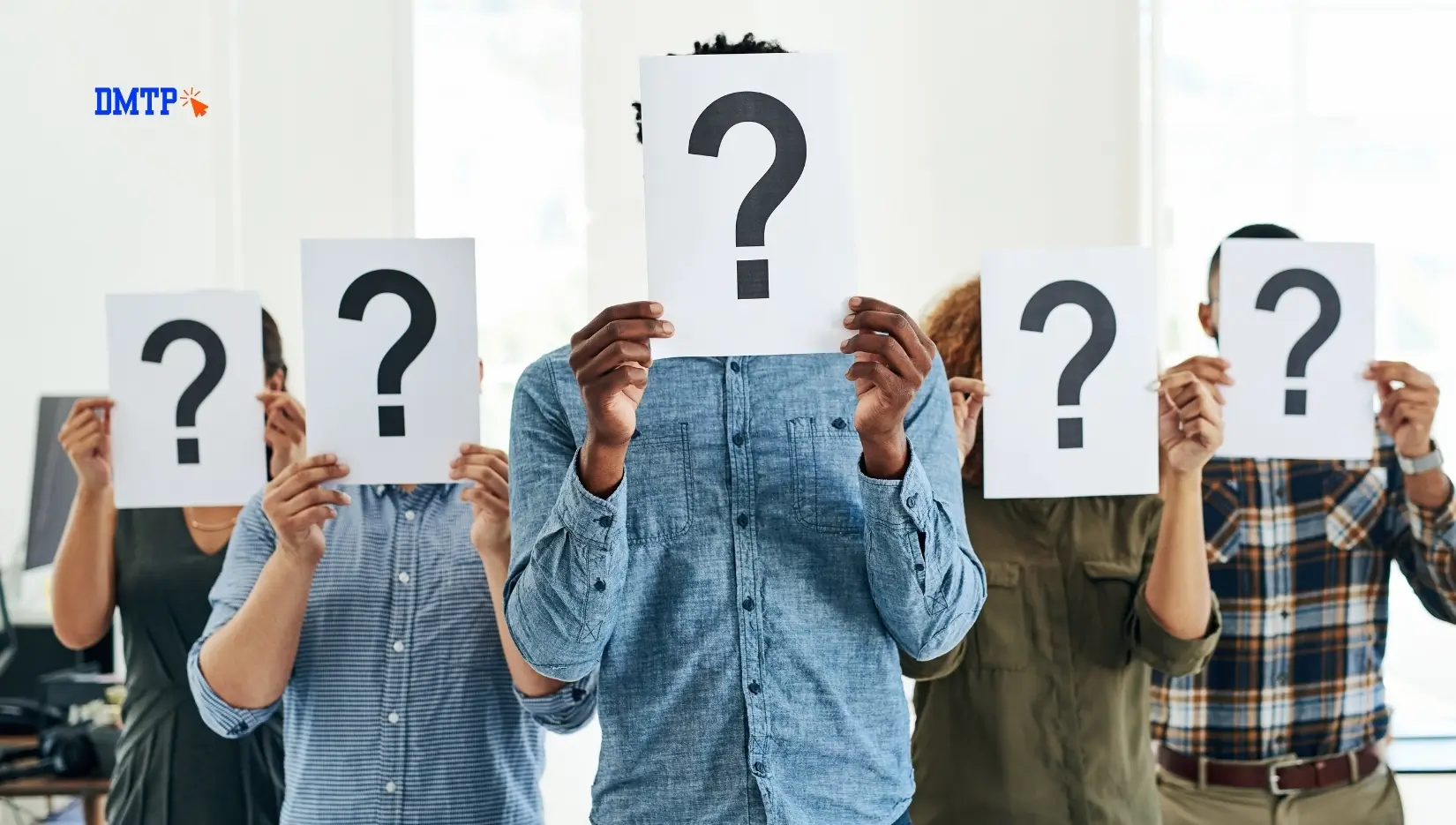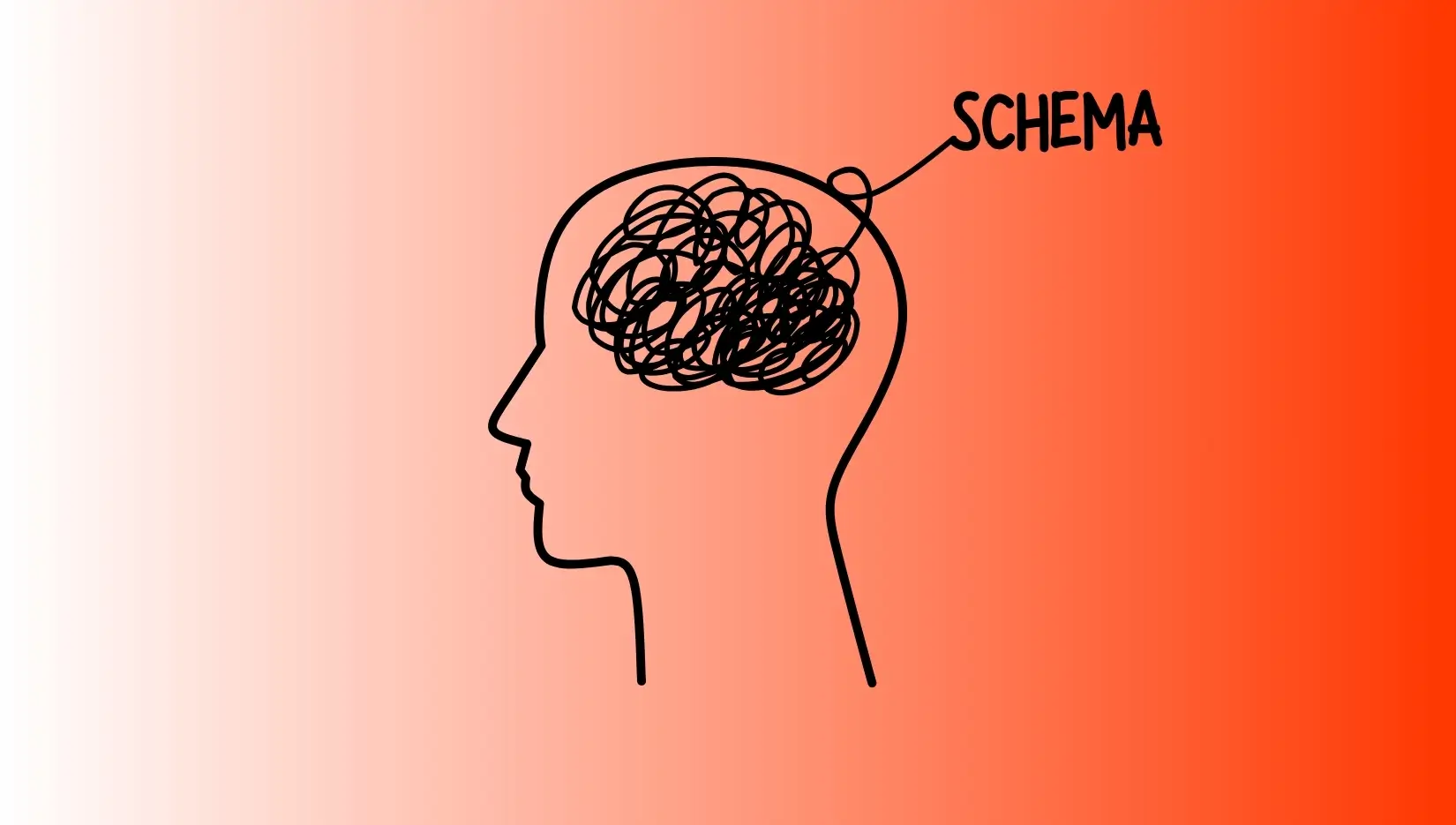Social media addiction is connecting us in ways we’ve never experienced before but does it come at a cost to our mental well-being?
If you’ve ever logged on to Instagram or TikTok “for 5 minutes” but then lost 2 hours or feel worse after scrolling you’re not all alone. Social media has evolved into an essential source of information and also an emotional minefield.
In this article we will explore the real-life mental health consequences of social media addiction as well as the process by which addiction is developed and the scientifically-based steps that you could take to get back in control, particularly in the era of AI-driven algorithms.
Table of Contents
- The Psychology Behind Social Media
- Social Media Addiction: A Silent Epidemic
- The Mental Health Impact: Anxiety, Depression & More
- AI & Emerging Tech: Making the Scroll Smarter — or Worse?
- How to Reclaim Your Mental Health
- FAQs
- Conclusion
The Psychology Behind Social Media affects
The social media channel taps the fundamental human psychological processes:
- Dopamine-driven rewards like shares, Shares, likes, and comments provide us with a shot of dopamine, which is your brain’s “feel good” chemical.
- Social comparison: Watching highlights reels of other people’s lives can bring feelings of feeling inadequate.
- Fear of being left out (FOMO) Continuous updates can make you feel that you’ll get behind if don’t check regularly.
Statistics to know: A 2023 Pew Research study found that 71 percent of teens think social media helps people feel closer but 43% of them also felt it makes them feel less about themselves.
Social Media Addiction: A Silent Epidemic
Although not officially classified in terms of a mental disorder, social media addiction are akin to gambling addictions that are based on behavior
- It is a habitual scrolling even if it impedes your daily activities
- Modification of mood (using social media to relieve boredom or stress)
- The withdrawal manifestations (anxiety or irritability if unable to connect)
Key Signs You Might Be Addicted
- You should check your social media at the beginning of your day
- You’re worried whenever your phone isn’t in reach
- It’s easy to lose the track of time when scrolling
- Social media is a way to distract yourself from real-life tasks or stress
The Mental Health Impact: Anxiety, Depression & More
1. Increased Anxiety & Depression
Numerous studies show that the use of social media in excess to increased levels of anxiety and depression particularly in young adults.
- Body image problems: Instagram filters can create unreal standards
- Cyberbullying online harassment affects 1 of 3 teenagers as per UNICEF
- Sleep disturbance The blue lights and scrolling late at night disrupt REM cycles
2. Reduced Self-Esteem & Focus
The constant comparison could undermine confidence, and switching between different apps can reduce your ability to focus.
3. Loneliness & Isolation
However, people who spend a lot of time online tend to feel lonely, and not as connected.
Real-world example: A 2022 study by University of Pennsylvania. University of Pennsylvania showed that the restriction of social media use to 30 minutes per day significantly decreased depression and loneliness within three weeks of participants.
AI & Emerging Tech: Making the Scroll Smarter — or Worse?
AI is altering our social media ecosystem well as your experience in profound ways.
Algorithmic Triggers
AI recognizes your habits to help you understand what draws you in even when the content causes you to be angry or anxious.
“Engagement” doesn’t mean pleasure but it usually refers to the term “addiction”.
Deepfake & Filter Culture
Filters and improvements created by AI create impossible beauty standards, which can lead to confidence issues, particularly among younger users.
Predictive Nudging
AI does not just reacts to your actions -it can also nudge you to engage in certain actions which makes it difficult to unplug.
How to Reclaim Your Mental Health
There’s no reason to be powerless to stop the scroll. Here’s how you can regain control:
1. Set Screen Time Limits
Utilize the built-in tools, such as Digital Wellbeing (Android) or Screen Time (iOS). Begin by restricting the amount of time you use to one hour each day.
2. Create Scroll-Free Zones
Stop the use of social media in the bedrooms or at the table.
3. Curate Your Feed
Don’t follow accounts that can trigger anxiety or a sense of comparison. Follow mental health professionals and educational pages.
4. Schedule Real-World Connection
Schedule time each week to meet friends, attend events or participate in other activities.
5. Practice Mindfulness & Reflection
Journaling, meditation or a simple breathing exercise can aid you in learning to to recognize how you’re engaging in social media to avoid unpleasant feelings.
FAQs
Q1 What is the real question? Can social media be addictive, just like drug addiction?
Yes. Although it isn’t chemically addictive, it is true that the dopamine-driven reward mechanism mimics the one that is associated with addiction to substances.
Question 2: What amount of of social media usage does it constitute “too much”?
If it causes problems with sleep or work relationships, mood, or sleep — it’s probably to be too much. Experts suggest not more than 60 minutes per day.
Q3: Does quitting social media improve mental health?
Research has shown that even brief break (2-4 days) improve mood, confidence, and self-esteem in many people.
Q4: What apps are available to decrease the use of social media?
Try Forest, Freedom, Off time or One Sec All of them are designed to cut down on digital overload and improve the amount of mindfulness.
Q5 Are teens more susceptible to mental health effects of social media? impact?
Yes. The brain of adolescent is still forming impulse control and is more sensitive to feedback from social interactions and comparison.
